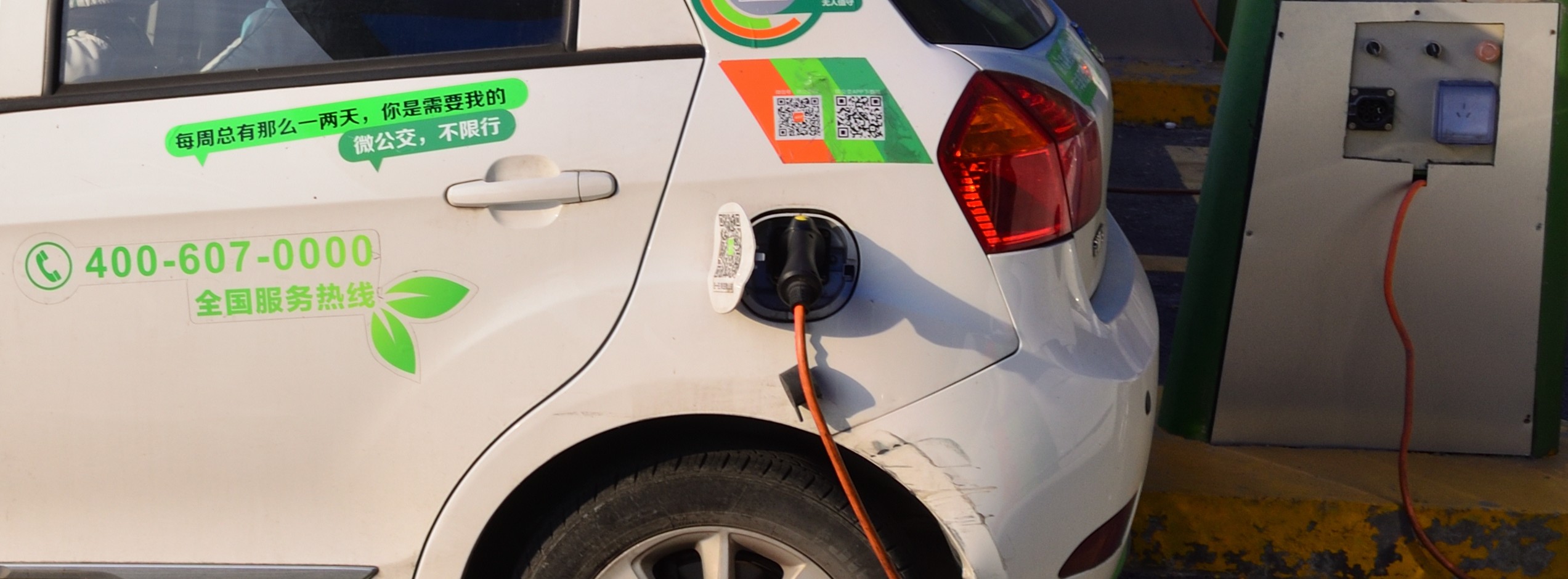U.S. President Donald Trump pledged to match any European Union tariffs on China and Russia if Brussels agreed to get on board with his proposal to pressure Russia into halting the war in Ukraine by cutting off its oil revenues. File photo by Patrick Seeger/EPA-EFE
Sept. 10 (UPI) — U.S. President Donald Trump urged the European Union to indirectly pressure Moscow to halt its war on Ukraine by imposing tariffs as high as 100% on China and India, two of the main customers for Russian oil.
Trump made the call during a U.S.-EU meeting on Tuesday exploring ways to work together to ramp up the economic pain on Russia, according to sources familiar with the talks cited by the Financial Times, the BBC and CNBC.
“We’re ready to go, ready to go right now, but we’re only going to do this if our European partners step up with us,” said a U.S. official.
“The president came on [the phone call] this morning and his view is that the obvious approach here is, let’s all put on dramatic tariffs and keep the tariffs on until the Chinese agree to stop buying the [Russian] oil. There aren’t that many other places that oil can go,” the official said.
Any tariffs on China and India imposed by Brussels would be “mirrored” by the U.S. administration, something that could result in duties that had already been raised on Chinese and Indian imports to the United States being hiked still further, according to another official.
The move comes after Trump vowed Monday to impose sanctions on Russia, a day after it launched its largest airborne attack on Ukraine’s capital since the start of the war, killing at least two people and damaging the building where the Ukrainian cabinet meets.
U.S. Treasury Secretary Scott Bessent called for the United States and Europe to join hands to “collapse” Russia’s economy and for European capitals to slap sanctions on nations purchasing Russian oil.
In late August, Washington hit India with a 50% tariff rate, up from an original 26% “reciprocal rate,” on goods it sells into the United States, with the extra 26% a penalty for its ongoing purchases of Russian oil.
However, the EU also remains dependent on Russian energy, purchasing just under a fifth of the natural gas it requires from Russia, although it has committed to phasing out its reliance on Russian hydrocarbons.
India has called out the discrepancy as a double standard, condemning the tariffs as “unfair, unjustified and unreasonable.”
European Commission trade data shows there was $78.1 billion in two-way trade between Russia and EU economies in 2024, but the figures do not separate how much of that was gas purchases.
India-Russia trade, while still below that of the EU, was moving in the other direction, hitting $68.7 billion in the year to March, up 580% from the year ending March 2020, according to Indian data.
China has managed to dodge the “secondary tariffs,” despite being the number one customer for Russian oil, after negotiating a further 90-day extension through November, capping duty on Chinese imports to the United States — which would otherwise have rocketed to 145% — at 30%.
Going along with Trump’s plan would represent a sea-change in its policy of using sanctions as its main weapon to try to isolate Russia.


